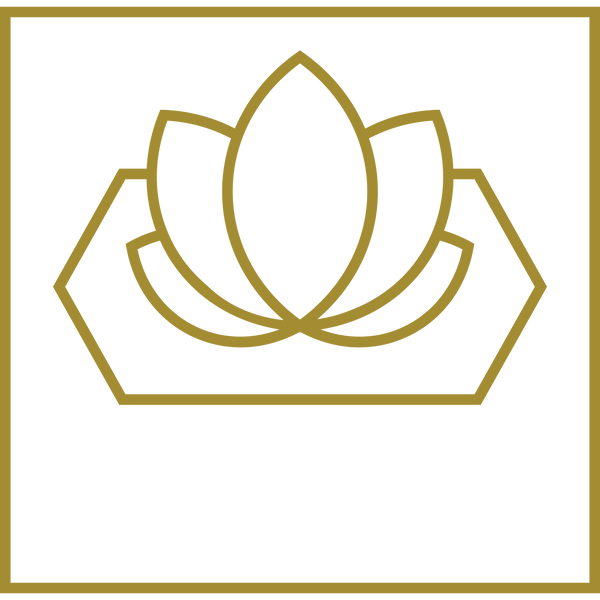
There’s no doubt, natural ingredients and plant extracts do wonders for the skin (both ours and our animals), however, natural products also create ample opportunities for bacteria to thrive - for the very same reasons they’re great for our skin!
Why?
Bacteria LOVE the bioavailable nutrients and proteins found in plant extracts!
And, what’s worse, is that the humid environment created by the addition of water to most grooming products allows the bacteria to further thrive. It has everything it needs - food, water, oxygen, and a host.
To counter the danger and terrible effects of bacteria and fungus, the horse and pet product industry (in addition to that of cosmetics, and skincare for humans) use preservatives to keep products stable for an indefinite period of time. This makes them safe to use at least from a rancidity standpoint.
So what’s the big deal about conventional preservatives and what are they?
Formaldehyde donors. Yep, as icky as it sounds, and every bit as nasty as you’ve heard it is. This is a newer generation version of the same old crud - it uses a process that packages formaldehyde that releases slowly in minute portions into the product in which it is blended. Except that it dissociates when water is added, meaning the net result is still Formaldehyde in larger doses. It is toxic, allergenic, and carcinogenic.
Parabens. A controversial ingredient, with limited research, but still worth mentioning. In some studies, there have been some connections to hormonal-related problems with long-term use, including breast cancer, testicular cancer, and hormonal disruption, as it acts like estrogen, but very few comparative studies exist, and so the jury is out from a health-impact perspective. However, from an ecological perspective, the data is far more affirmative. Even in low doses, butylparaben can and does kill coral.
Phenoxyethanol and Phenol derivatives. A synthetic, i.e. not natural, paraben-replacer, that is effective in small quantities. Sounds fine, right? On the surface it is, but studies are beginning to trickle out that it is beginning to show an allergenic-inducing response in the skin. Additionally, there is little to no toxicology information on this ingredient. That’s just too many unknowns for my taste.
So what to do?
There is a slew of recent research that has found success in leveraging probiotics that inhibit the growth of fungus, molds, and microbes, in the use of skin and grooming products, and as an added benefit are known to increase moisture levels on the skin surface.
The downside is that not any single probiotic ingredient will guard against all fungus, all molds, and all microbes, they’re just less effective.
But, when one uses a system of these ingredients you can get a very stable shelf-life and broad-spectrum protection.
The two that you’ll find in Elemental Grooming products are AMTicide Coconut, and Leucidal® Liquid SF. AMTicide Coconut is a natural preservative blend that occurs by fermenting coconut with Lactobacillus. It is effective at preventing the growth of fungus, specifically yeast and mold.
The other is Leucidal® Liquid SF a probiotic-based ingredient created by the fermentation of Lactobacillus in a defined growth medium.
They are both Non-GMO, not tested on animals, are ECOcert approved ingredients in Certified Organic products, and are on the Whole Foods Acceptable Premium Preservative List.
More on these ingredients here:
- https://cdn.shopify.com/s/files/1/0026/8317/5001/files/Leucidal-Liquid-SF-Technical-Dossier-v6.pdf?6966103174463420182
- https://cdn.shopify.com/s/files/1/0026/8317/5001/files/M14003-AMTicide_Coconut-Technical_Dossier-v1.pdf?7682677409838376692
For a more in-depth look at preservative usage and alternative in natural goods, check out this article from The Eco Well: https://www.theecowell.com/blog/preservatives1/.

